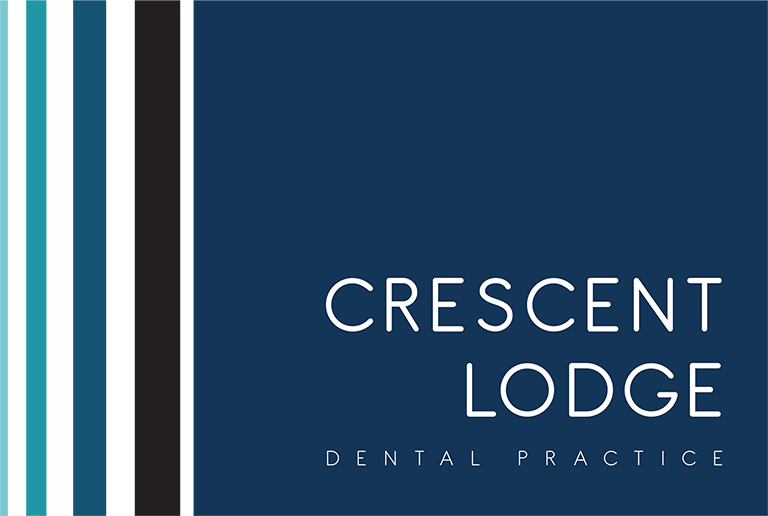1st April 2022
Are You Suitable For Dental Implants in London?
In London, dental implants are a leading treatment for missing teeth and combatting tooth loss, but surprisingly, many of our patients haven’t heard of the treatment – and those who have aren’t always sure they’re suitable candidates. Today, we’ll shine a spotlight on tooth implants and help guide you around whether these false teeth are right for you.
Book A Dental Implant Consultation In London Today!
![]()
Before we start…
Not every person who walks into our London dental practice will be suitable for dental implants – and not everyone suited will choose to have them. But, how do you tell whether the treatment will be successful in your specific case? Well, there are a few things our dentists look for.
Gum and jaw condition
Because loose and missing teeth can stem from gum and jaw recession, if these factors are present, it might affect whether you’re suitable for dental implants in London. If we can treat these concerns, then great – it just means an extra step or two on your treatment journey. But, in some cases, it’s just not possible to place tooth implants if the proper foundation isn’t there.
Smoking and lifestyle factors
Smokers may not be suitable for dental implants at our London clinic because this habit can lead to the gum recession we’ve outlined above. Smoking can also affect healing and recovery time, which is needed in this case as tooth implants require minor oral surgery.

Medical concerns
There are several types of medical concerns that may affect your suitability for tooth implants here in London. We’ll cover some of the common ones here.
Diabetes: While tooth implants have a fantastic success rate, they can fail. And, unfortunately, in patients with either Type 1 or Type 2 diabetes, there’s a greater risk this will happen. This is because the infection is more common and the healing time can also be longer. And, in diabetics, gum disease can be more of a concern, too.
Blood clotting disorders: As mentioned, tooth implants require minor oral surgery, and some bleeding is normal after treatment. It’s for this reason that the procedure isn’t advised for those patients with blood clotting disorders.
Immunity concerns and cancer: Certain diseases and immunity problems can affect healing or make infection more likely (or serious if it does occur). We wouldn’t advise treatment for these cases.
The best option for you
Whatever your personal medical history or situation, the best advice we can give you is to book a consultation. We’ll then be able to advise you specifically on if you are suitable for dental implants – and alternatives if dental implants are not an option. Get in touch today.
